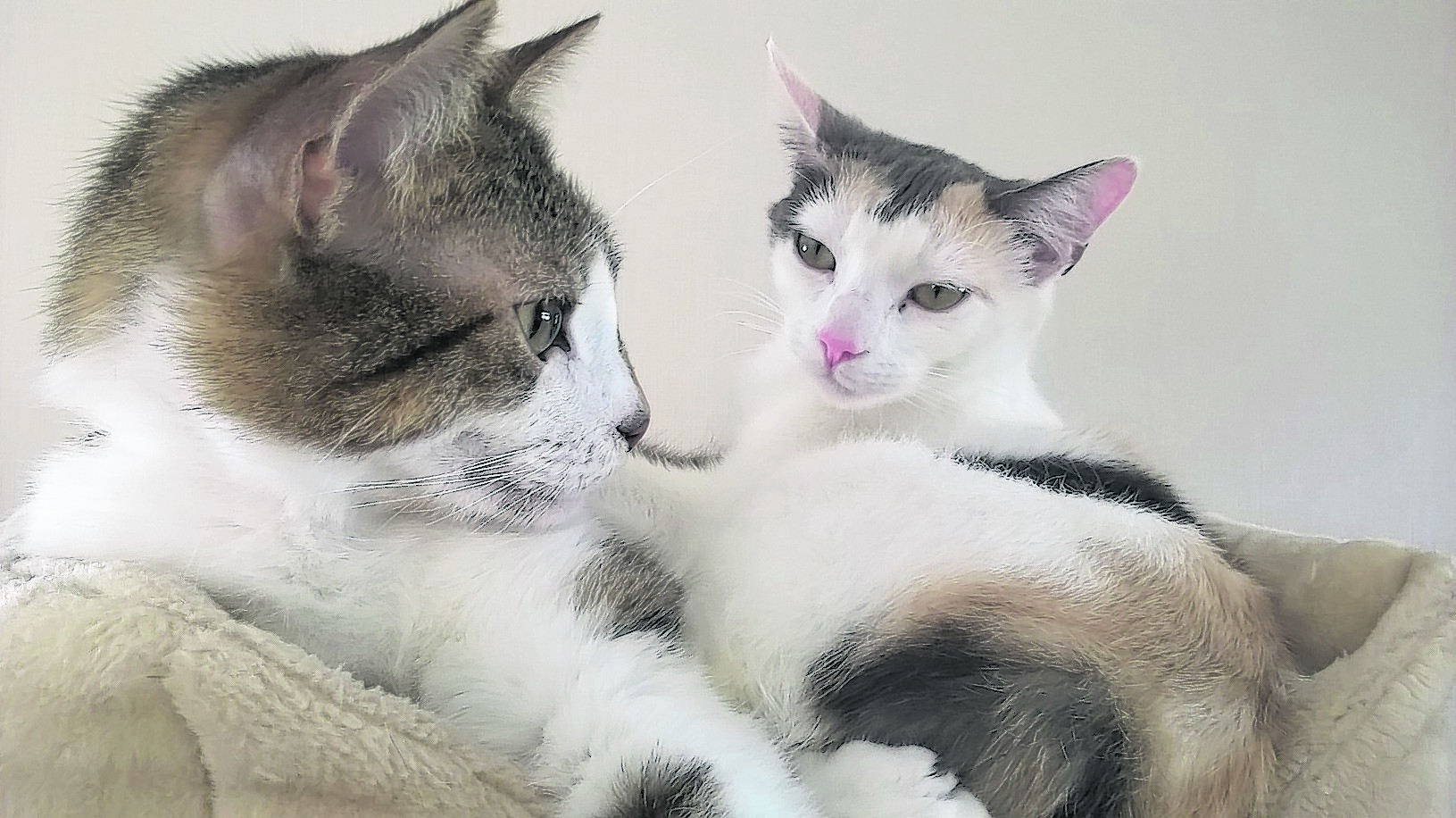We’re doomed. Yes, doomed I tell you, all because no one told us that climate change harms cute little fluffy kittens.
If climate change continues, fluffy kittens will become extinct – can you imagine? (Sad face).
Hopefully the mere mention of cute kittens will encourage you read on. These days most people quickly open WhatsApp and Facebook messages with cat videos. Now I have you I confess the first paragraph uses a degree of ‘artistic licence’
Last Monday I listened to an excellent speech on climate change by someone with the impressive job title ‘CEO – Committee on Climate Change’.
I’ve since read up on him some more and found out that he’s kept awake at nights in case his organisation is being ignored. Perhaps a few sleepless nights ahead as things stand. However, as I write this at 4am I have a partial cure for his insomnia and want to help because much of the content he delivered was compelling.
First off I am probably pretty ignorant on climate change evidence. I therefore have undertaken some diligent research and taken a straw poll of two people in our office which provoked two very different responses.
One was passionate about the impact we are having on the globe with real concern about global warming. The second suggested climate change was a natural cyclical event and will take place regardless of human intervention. Therefore, I naturally conclude the impact is somewhere in the middle and so perhaps humans are at least having a bit of an impact even if they are not fully to blame.
The presentation last week was so impressive as it outlined we broadly know how to attack the human part of the issue. I’ll probably get this wrong but the gist was as follows:
We can decarbonise energy/ electricity generation using things like wind turbines and other renewables;
We can decarbonise transport (excluding aviation apparently) using either electric cars or hydrogen as fuel;
We can decarbonise heating in homes with a variety of efficiency tools, electric heating and using alternatives to natural gas;
We can capture and store carbon dioxide from industrial users of energy (factories and the like).
My ‘hope-o-meter’ was rising at this stage of the evening as we didn’t seem to be doomed after all. My hope fell fast when I heard all of this can apparently be achieved with a mix of good policies, economic signals, technical advancement and political will.
Sadly I hold the view that society is no longer convinced by the rationality of economics and good policy making. Politicians are no longer persuaded by the historic methods used by pressure groups and think tanks. On climate change I’m afraid that used alone the traditional approaches haven’t worked and won’t work in the future.
I’m concerned as last Monday I heard we now have just 30 years to act and fully implement all of the above solutions on a global basis. Based on the lead times for some of the fixes presented there is little chance of that happening. However, there may be hope if we apply some modern societal thinking about how to influence people, politicians and industry.
The Blue Planet series has been a remarkable case study of what can be achieved in the modern world. Within days of being on TV it was reported that there was a 55% increase in searches on Twitter for ‘recycling plastic’. You’ll also be aware of corporations having since changed their processes or products after the show was aired.
Another similar example is the impact that Hugh Fearnley-Whittingstall has had on coffee cups. In another field Jamie Oliver championed the sad demise of the Bootiful Turkey Twizzler from all outlets outside the Bream family kitchen. So policy people need to act in modern ways to engage people with this issue. Climate change is still clearly not hitting us hard or tugging at our heart strings.
A second thing I would personally change are the words being used to describe the impacts of climate change. I’m trying not to be flippant but ‘global warming’ feels like a good thing. I know warming isn’t good but how many of us have jokingly commented we’d like a few extra degrees in the summer to help us have more BBQ’s. So long as some of us continue to see this type of thing as a lame joke we’ll never change our behaviours.
Ultimately my point is that the narrative to the general public on climate change from pressure groups needs to change; in my view they are failing. It is too lazy to blame politicians (again) and industry as both of these stakeholders will respond when they are at risk of being hurt or when they can make gain.
Policy makers and pressure groups should think about changing their approach as a life without kittens is not one I am willing to accept.
James Bream was research and policy director at Aberdeen and Grampian Chamber of Commerce and is now general manager of Aberdeen-based Katoni Engineering











